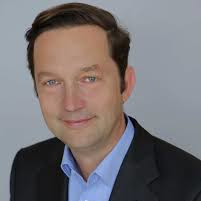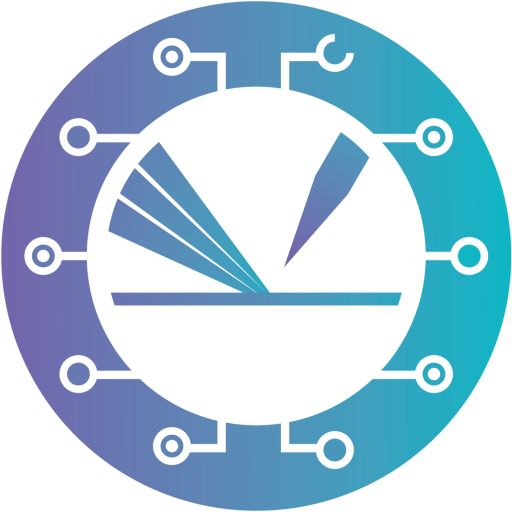Hendrik Bluhm
Fritz Haber Institute
Berlin, Germany
Monday, 23rd January 2023,16:15 s.t.
The talk will be given in hybrid mode.
You can join at:
Josef Loschmidt Hörsaal (HS 2)
University of Vienna, Faculty of Chemistry
Währinger Straße 42, 1090 Vienna
Or you can join the zoom meeting:
https://tuwien.zoom.us/j/92739417554?pwd=MlFkNjJxUjFkUUhPaUJmZ0ZnMjVOZz09

Ions and Surfactants at Aqueous Solution-Vapor Interfaces Investigated with Photoelectron Spectroscopy
Bio of Hendrik Bluhm
Hendrik Bluhm received his Ph.D. in physics from the University of Hamburg for scanning force microscopy investigations of ferroelectric crystals in 1996. He then held a postdoctoral research fellowship at the Lawrence Berkeley National Laboratory in the USA, a staff scientist position at the Fritz Haber Institute of the Max-Planck Society in Berlin, Germany, and again staff and senior-scientist positions at the Lawrence Berkeley National Laboratory. Since 2018, he has been a group leader at the Fritz Haber Institute.
